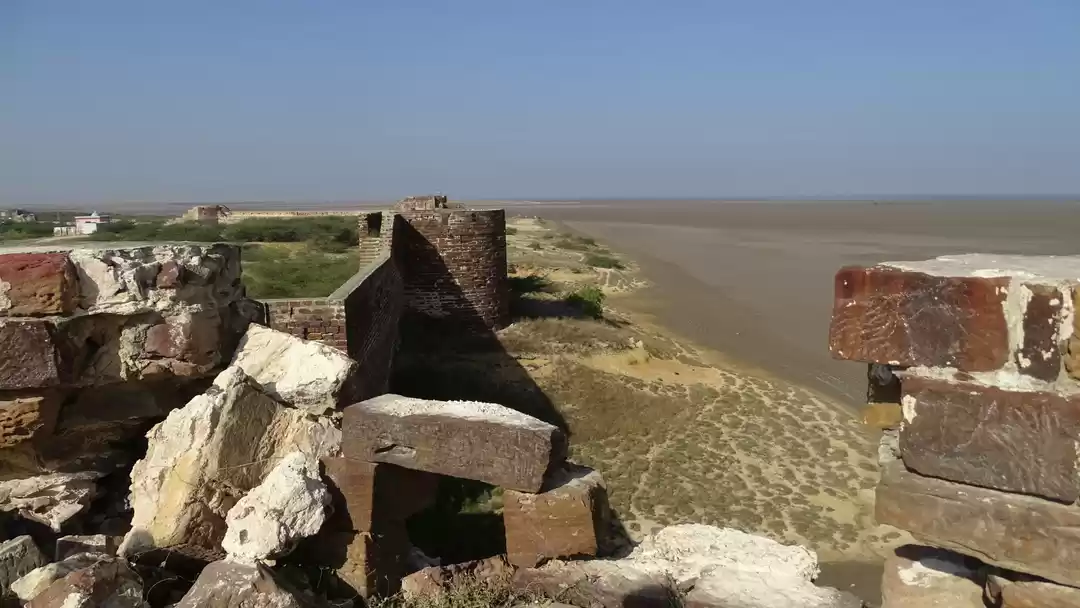
The world is going through a lot and there is a state of stress and panic everywhere. Amid all this chaos we are struggling to keep our hopes high. It feels good to wake up to news that brings a smile on our faces for a change. So we've decided to take you through a quick flashback on everything that left humans in awe during the lockdown period.
1. Mt Everest which is 200 km away can be seen viewed from Kathmandu Valley
We can thank reduced pollution levels these great sights. The great Himalayan range is visible from many places with the most spectacular sights being offered from the Kathmandu Valley. The wildfires in Dhading, Nuwakot and Chitwan in April as well as crossborder haze had turned the state of the the valley grim.
2. Mt Everest has now become visible from a village in Bihar
Singhwahini village in Bihar woke up to a pleasant surprise where people could now see Mount Everest in the Mahalangur Range. A picture of the magnificent view was shared by Ritu Jaiswal, Head of Gram Panchayat of Singhwahini village. She claimed that her husband has been living in the village for a very long time and this used to be a usual view from the village during the ’80s.
Jaiswal also stated in her tweet that the nearby mountains of Nepal can be easily seen after rains clear the sky but this was the first time villagers could see Mount Everest from the village.
This event is directly attributed to the result of nation wide lockdown which has drastically reduced the air pollution.

3. Snow-capped peaks of Bandarpunch and Gangotri is visible from Saharanpur in Uttar Pradesh
We have seen viral pictures of Bandarpunch and Gangotri Range in the inner Himalayas which is now visible from Saharanpur in UP. The aerial distance between Saharanpur and the peaks is over 200 km and the glimpse of the peaks was truly captivating. People claimed that this sight was last visible to naked eyes around three decades ago. Read more details of the story here.

4. People of Srinagar City are relishing the sight of Pir Panjal range
Pir Panjal is the largest range of mountains in the lower Himalayas. Owing to dropped emission levels the range became visible from Srinagar city. On April 23 2020, pictures shared by a journalist named Waseem Andrabi on Twitter went viral. People were stunned to see such a picturesque landscape with a backdrop of the Pir Panjal range. Prior to this the, Dhauladhar Range in Himachal Pradesh became visible from Jalandhar in Punjab.
Click here to read the details of the story.

5. Gangetic dolphins spotted at ghats in Kolkata after 30 years
The only silver lining of the COVID-19 pandemic is the revival of nature and wildlife. Our national aquatic animal, freshwater dolphins showed up at some of the ghats in Kolkata nearly after 30 years. They are commonly known as South Asian river dolphins and are the only freshwater dolphins in the world. The reduced level of water pollution has helped them to return to their former habitat. With a population of only 1200-1800, these dolphins are listed as critically endangered. Click here to read the full story.

6. Yamuna turned blue for the first time in many years
In another astounding natural transformation, the Yamuna river water looks much clearer now and has also turned blue. The complete shut down of industries amid the lockdown resulted in lowering waste disposal into the river. Recent rainfall has increased the water level in the Yamuna River, in turn, enhancing the cleaning capacity of the river. This has unquestionably raised the hopes of restoring the Yamuna River to its original state. Click here to read more.

7. Thousands of flamingos flock to Mumbai as the city remains under lockdown
While Mumbaikars remain stuck inside their houses, thousands of flamingos have turned the city into pink by flocking around the mudflats. As per the Bombay Natural History Society (BNHS), there has been a surge of 25% in the migration of these birds. They typically migrate to Mumbai from September through May. BNHS had already counted 125,000 flamingos before nation wide lockdown. Animals and birds are taking complete advantage of the lockdown and enjoying their new freedom.

The pandemic has brought a huge setback to human lives. But it has also restored the balance in nature. Let’s hope that even when we go back to our regular lifestyles we become more mindful of our choice and cause minimum harm to the environment.


























